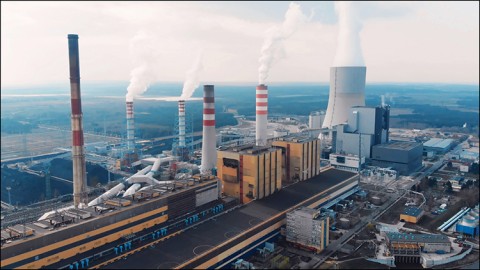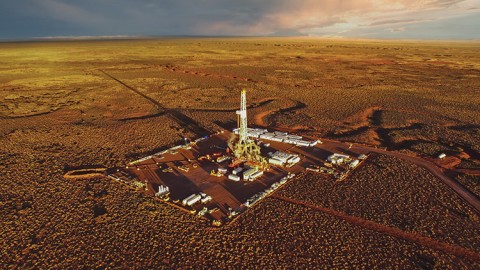To begin with, the most underestimated contributor to global warming emissions worldwide is oil, which has dominated the transportation energy market for over 50 years. Beneath the pump lies a global oil supply chain that is undergoing changes that have significant effects on the climate. The oil industry is progressively seeking to ever-riskier sources of oil and more polluting production techniques as the conveniently accessible fuels that characterized the oil booms of the previous century are diminishing.
General Overview
First of all, it has become a universally-acknowledged fact that a significant decrease in the proportion of high-emitting carbon-intensive fossil fuels used for the primary generation of energy is necessary to reach the target of net-zero greenhouse gas emissions by 2050. According to an International Energy Agency (IEA) situation, the need for coal, natural gas, and oil would all decline significantly by 2050, by a combined 75%. To prevent a chaotic transition, scaling down fossil fuels to this extent while ramping up sustainable energy technologies would require meticulous planning.
Clean mobility initiatives that minimize diesel-related pollution by swapping them out for zero-emission cars should be prioritized in regions that are most severely affected by air pollution. We should also provide incentives for buying and installing the essential fuelling infrastructure.
So, the private sector will be crucial to filling the financial deficit. Index suppliers and managers of assets have created an entirely new variety of specialized solutions in the past few years to assist shareholders in directing capital towards companies pursuing the climate transition. Thematic tactics represent a few of the most focused techniques among them.
Incentives and Solutions
There are a multitude of solutions that could be implemented to encourage the use of cleaner transportation to transport oil and gas products in order to be able to cut greenhouse gases and reduce the overall carbon footprint.
Over the past two decades, biofuel use has increased significantly, reducing oil use in the transportation sector. For example, the share of oil used for transportation has fallen by approximately 10% due to the growing use of biofuels, particularly maize ethanol. However, food-based biofuels have trade-offs and limitations, which have been highlighted by the rapid increase in the use of maize for fuel. Advanced biofuels produced from non-food sources can help us reduce oil use and pollution even further.
Consequently, by drawing their energy from the grid instead of from a petrol station, EVs reduce their need on oil. Hence, the electrical system that charges them determines the amount of pollution it reduces that contributes to global warming. Approximately half of the greenhouse gas emissions from an electric vehicle (EV) that is charged using a typical U.S. grid come from gasoline-powered vehicles. Yet the grid is significantly less polluted in many areas of the nation as a whole.
Although reducing gasoline-related emissions during manufacturing and usage is crucial, a transportation system with a low carbon footprint must gradually transition away from oil in favour of cleaner fuels. It is absolutely essential that these clean fuels grow cleaner as time passes in order to maximise the climatic advantages of this shift. This entails switching from traditional biofuels to cutting-edge biofuels generated sustainably and at the right scale, as well as purifying the system by using more renewable sources of energy. As suggested by Eng. Mohamed Sherwali, Renewable Energy and Environmental Specialist, “In my view, the renewable energy and energy efficiency sector holds immense potential and will dictate the future of our world. It is poised to not only ensure secure access to energy, but also encourage development and prosperity for numerous countries.”
In conclusion, given more fuel-efficient cars, better options for transporting people and goods, cleaner fuels, and continuously declining oil usage, the clean transportation tomorrow needed is within grasp. Everyone must play a part in realizing this future’s promise, especially fuel producers. Reducing emissions from the energy system will reduce emissions from EV operation. By generating biofuels from trash and sustainable crops on a scale that supports farming and safeguards forests, we can avoid challenging compromises while drastically reducing oil usage and pollution. Furthermore, it is crucial that we carefully oversee oil production even as global oil consumption drops.








